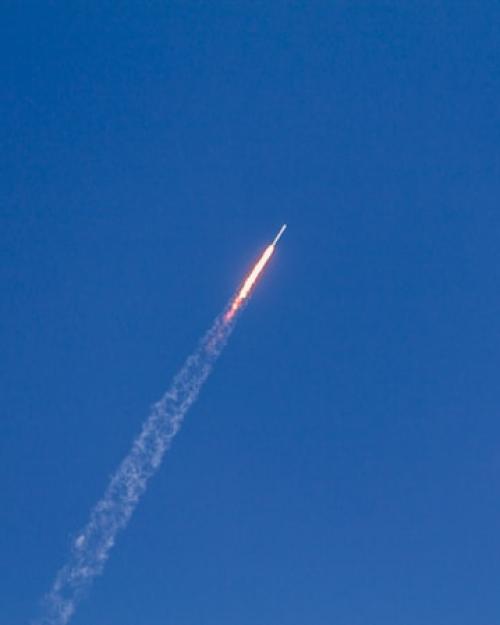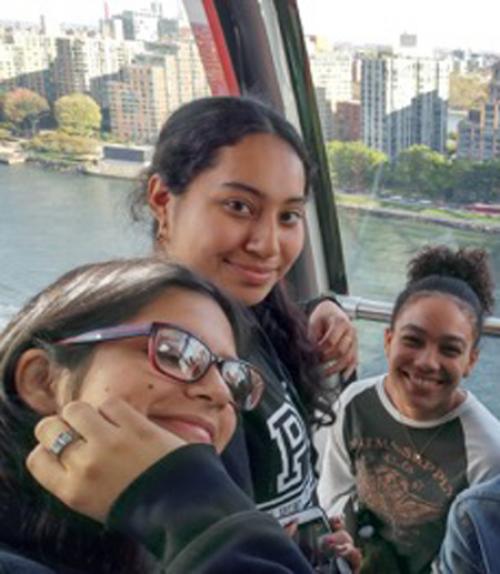Each Wednesday Ellen Abrams, a Ph.D candidate in science & technology studies, leads a class of high school students in New York City through workshops and discussions about writing, history and current events, as she works to introduce them to the landscape of higher education.
The program is a collaboration between Cornell, University Heights High School and Power Writers, a NYC non-profit organization that works to empower New York youth through writing. The partnership was founded last spring by Sean Cosgrove, a PhD candidate in the history department, with help from an Engaged Cornell grant.
Cosgrove started the program to address barriers that scholars and policy-makers recognize keep students from being accepted to and graduating from college.
The course empowers students to be active participants in conversations about their local communities and to deconstruct traditional narratives about urban spaces that so often oppress underprivileged and underserved groups. Last semester’s course focused on the narrative construction of people, places and spaces in New York City.
Power Writers has a long history of working with NYC youth toward similar goals, which Abrams says is evident in their motto: “If you don’t learn how to write your own life story, someone else will write it for you.”
“I think the work Power Writers does is incredibly important in its own right, but also for developing a more inclusive culture at institutions of higher learning and in society more broadly,” Abrams said. “These are voices that need to be heard, and Power Writers helps gives students the opportunity, the tools and the confidence to speak up and join the conversation”.
Abrams works intensively with a class of 16 students each week to improve their reading, writing and critical thinking skills. The most important thing they work on, she said, is cultivating thoughtful self-awareness about their work and their lives.
“It is important for these students to bring their stories and abilities to places like Cornell, as well as to the workforce and civil society,” she said. “[Society] can only benefit from a more diverse group of thoughtful, engaged students and citizens.”
The program is geared toward learning, writing, and self-exploration as essential factors in gaining admission to and staying in college, rather than the specifics of the application process. Abrams says however that because many of the students are in the process of applying to colleges, college essays, test scores, and scholarships are often discussed as well.
This semester, her class has explored specific developments and broader themes in the history of science and technology. By reading, discussing and writing, the class addressed broader questions such as: How are the categories ‘science’ and ‘technology defined? What do science and technology look like as human activities? Who gets to participate?
Students were asked to think critically about how the history of science and technology informs contemporary issues and their own experiences as active participants of society.
“Studying STS has changed the way I think about the world around me,” Abrams said. “It offers a useful lens for interpreting the high-tech, ‘post truth,’ power-driven world pre-college students are asked to learn about and contribute to.”
The Cornell Office of Academic Diversity Initiatives and the Society for the Humanities helped fund books for the program for this semester.




